
|
|
|
We are living in a time of great uncertainty. Life as we know it is being upended by coronavirus. You may be afraid of losing your job, of not being able to pay the rent or mortgage, of your elderly parents becoming ill ... of yourself becoming more isolated, more anxious, more depressed, more angry - and finding you have no way to deal with it.
0 Comments
There are so many things that are confusing about the behaviour of people during the coronavirus period. People are acting in ways that others don't understand, or are critical of. There seems to be no logic or explanation for their behaviour. In fact, you may be struggling to remain logical yourself, and find yourself being driven by emotions of rage, fear, or are just shutting down from it all. Here's what's going on.
The Coronavirus pandemic has brought a wave of complexity and difficulty into regular life. It's like a wrecking ball has destroyed a building we all thought was stable and would endure. The stress that comes as a result is real, and we have little choice other than to learn how to cope with it.
Here are some tips to get started. Shame is present to a certain extent in most of our lives. It's an integral part of being human, of being social entities striving to belong to the group. If our behaviour steps outside of what we think the group wants us to think, see, or feel, then our automatic reaction is shame. In most cases, we learn from these experiences, talk about them with other people, and move on with our lives having learnt a lesson. But there are certain situations that cause shame to bury deep out of sight, affecting how we think about ourselves, and how we live in the world.
The end of the year is a time when many people are able to switch off from many of the stresses of the rest of the year. Wouldn't it be great if we could start the New Year better equipped to deal with stress, and gain the upper hand? Not only is it possible, but you may already be doing it! How do you understand and manage your stress?
The Australian Psychological Society has published their "8 tops for thriving in the digital age." It's a helpful and practical guide to helping navigate the complicated and sometimes distressing needs of social media.
Anxiety is an insidious feeling that takes many forms, from a reluctance to go out socially, to a self-censoring internal dialogue that hold you back, preventing you from moving forward in your life. It's also highly treatable. You can gain control in your life. You can be happy.
This is an accurate video written, acted, directed & edited by Ton Mazzone. Perfectionism is something I see a lot as a therapist. While high standards and operating at your best are worthwhile goals, perfectionism can be a major impediment to living your life as you would prefer.
Do you often find yourself saying "sorry?" Do many of your daily interactions involve apologising for what you think you may have done? Of course, being aware of where we impinge on others as we move through our day is a vital part of the cohesion of society, but there's a way to do it that is a powerful shortcut to happiness.
Tremors can be a frightening component of anxiety. They are experienced by many sufferers of anxiety, who are often uncertain what the cause may be. It's useful to know that, as anxiety lessens, so too can the body begin to suffer less from this condition.
We are fast discovering how important a tool breathing is as a method of regulating mood and alleviating distress. While the links are still poorly understood, there is much to learn of immediate benefit, particularly if you are stressed, anxious, or fearful.
Not usually words that I would use as they bring up such strong images of war. But for some men, there is an internal battle being waged daily, a battle to keep up appearances, to not let the family down, to perform at work - all while feeling overwhelmed, hopeless, and worth nothing to nobody. And so, we divide, and then we conquer.
A study by the Black Dog institute has identified the leading causes of suicide in males in Australia, and at the same time identified some key ways to become involved in the process to help short circuit it.
In 2013, intentional self harm ranked 10th overall in the causes of death for males in Australia, and is the leading cause of death for males aged between 15 and 44. That fact is made even more alarming by the low rate at which men seek help - mirroring the reluctance of men to seek help for depression, or to seek help from a trained professional. What are the signs, and how can you help? People often come to therapy feeling completely overwhelmed by depression and anxiety, by anger or disappointment, confused as to what to do next. People often only come because someone they love has given them an ultimatum - get help or else. The despair that comes into the therapy space is very real, as is the person's belief that they are simply a broken down loser, with no hope, and no right to be. What if you could be separated from that belief, could see that belief is a choice, and begin to build for yourself a different way to be?
 It's a powerful statement; one made by Peter Kinderman, Professor of Clinical Psychology at the University of Liverpool during an interview on BBC radio 4's Today program. I often see clients that have been treated for their depression and anxiety in the "medical model" - That is, symptoms are presented to a GP or a psychiatrist, and those symptoms are treated with medication alone. All too often, those clients report a brief time of improvement, then a gradual worsening of their circumstances. Those individuals suffer a range of additional difficulties as a result of the medical treatment failing, including despair and shame that they are untreatable. Is the medication-only treatment perhaps part of the problem? |
Author
Chris is a Counsellor and Psychotherapist at Engage Counselling, Sydney Archives
April 2023
Categories
All
|
Contact: [email protected]
Engage Counselling: Personal and professional Counselling, Coaching and Psychotherapy for men in Sydney's Inner West, Newtown, Enmore, Stanmore, Marrickville, Camperdown, Chippendale, St Peters, Erskineville, Pyrmont, Darling Harbour, Balmain, Sydney, City, Broadway, Ultimo, CBD and surrounding suburbs.

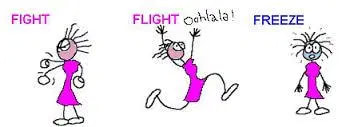

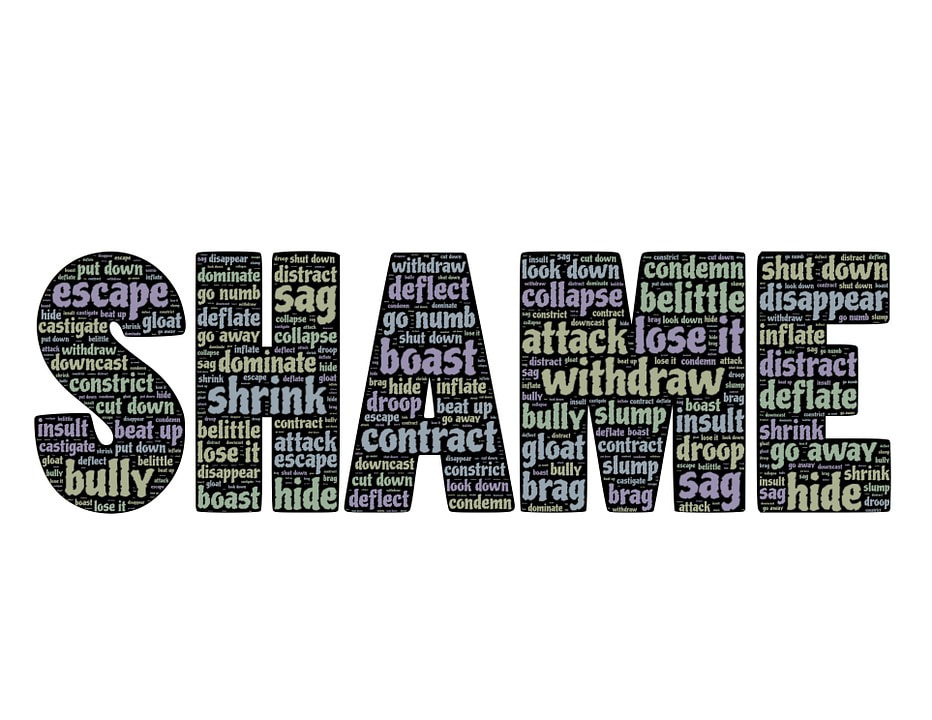

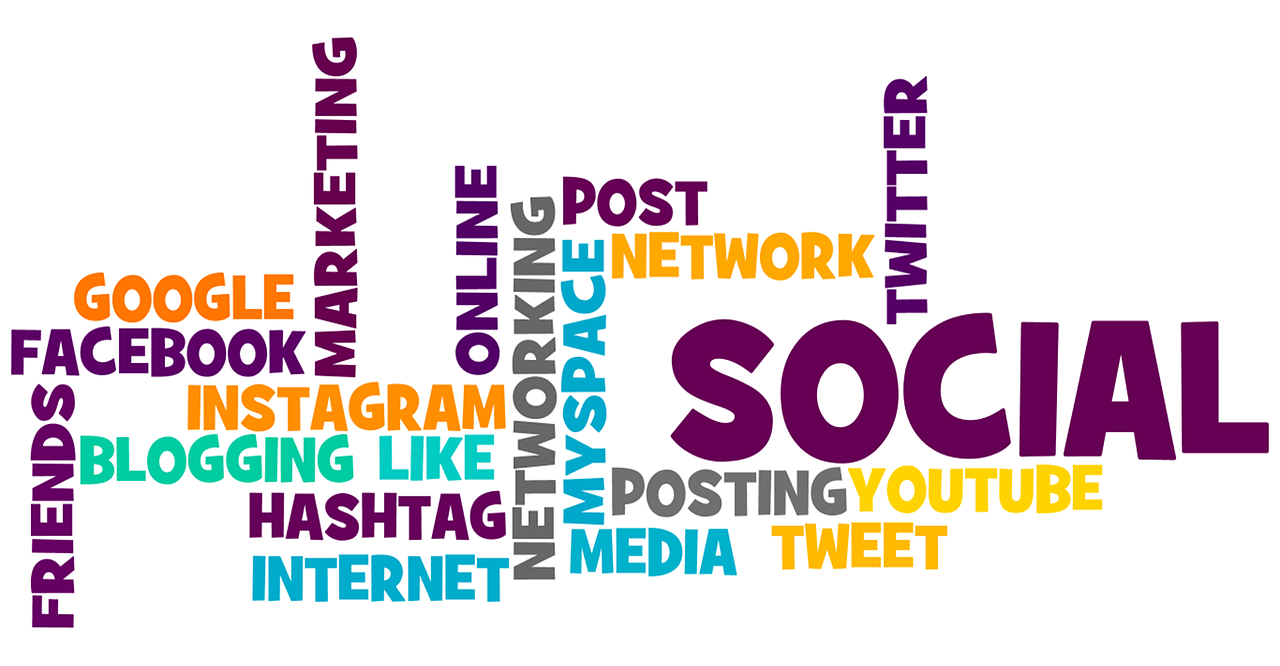
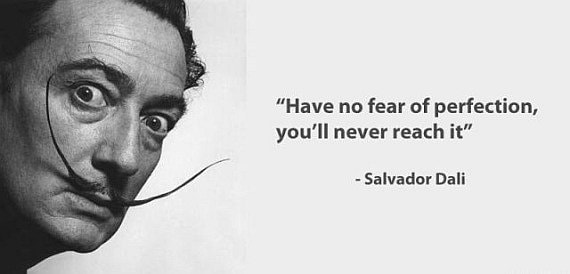

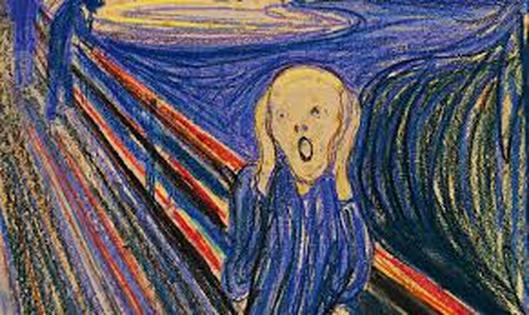

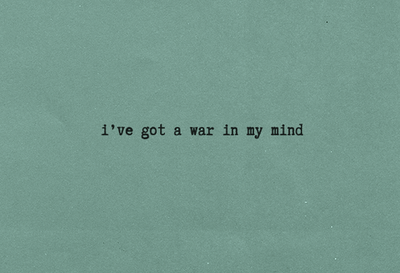
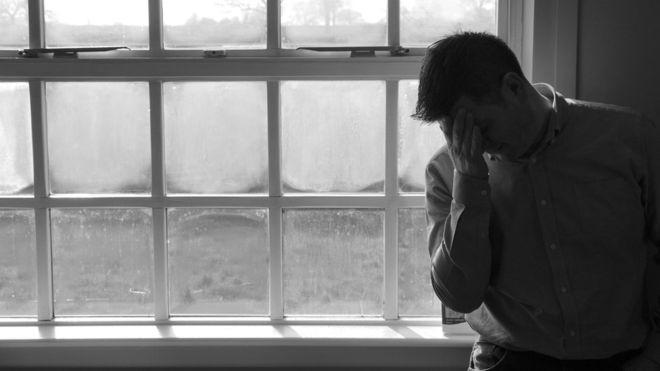
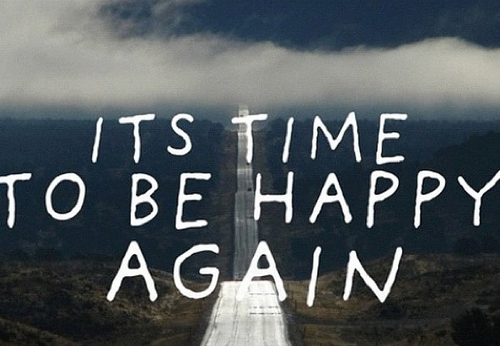
 RSS Feed
RSS Feed